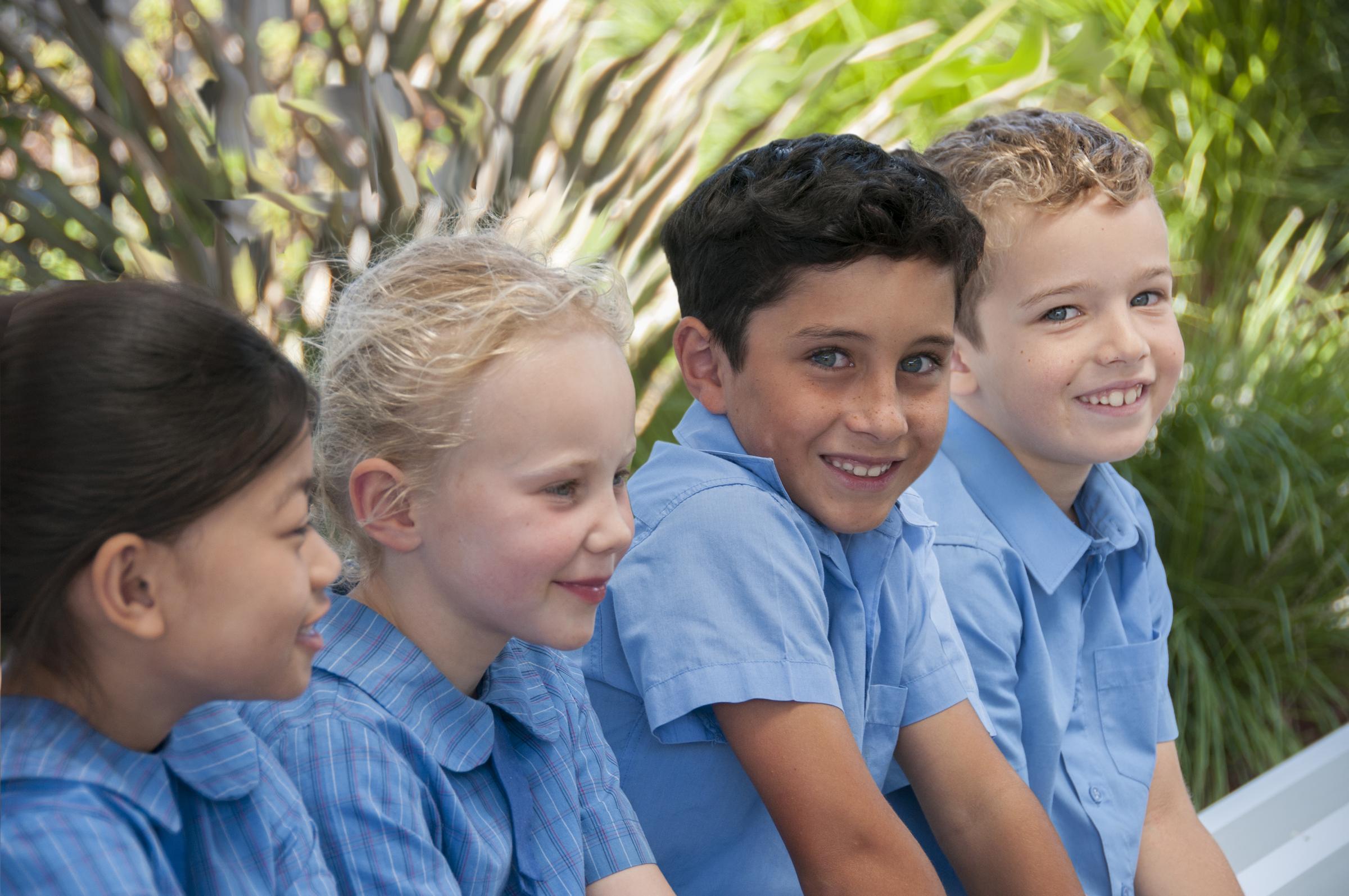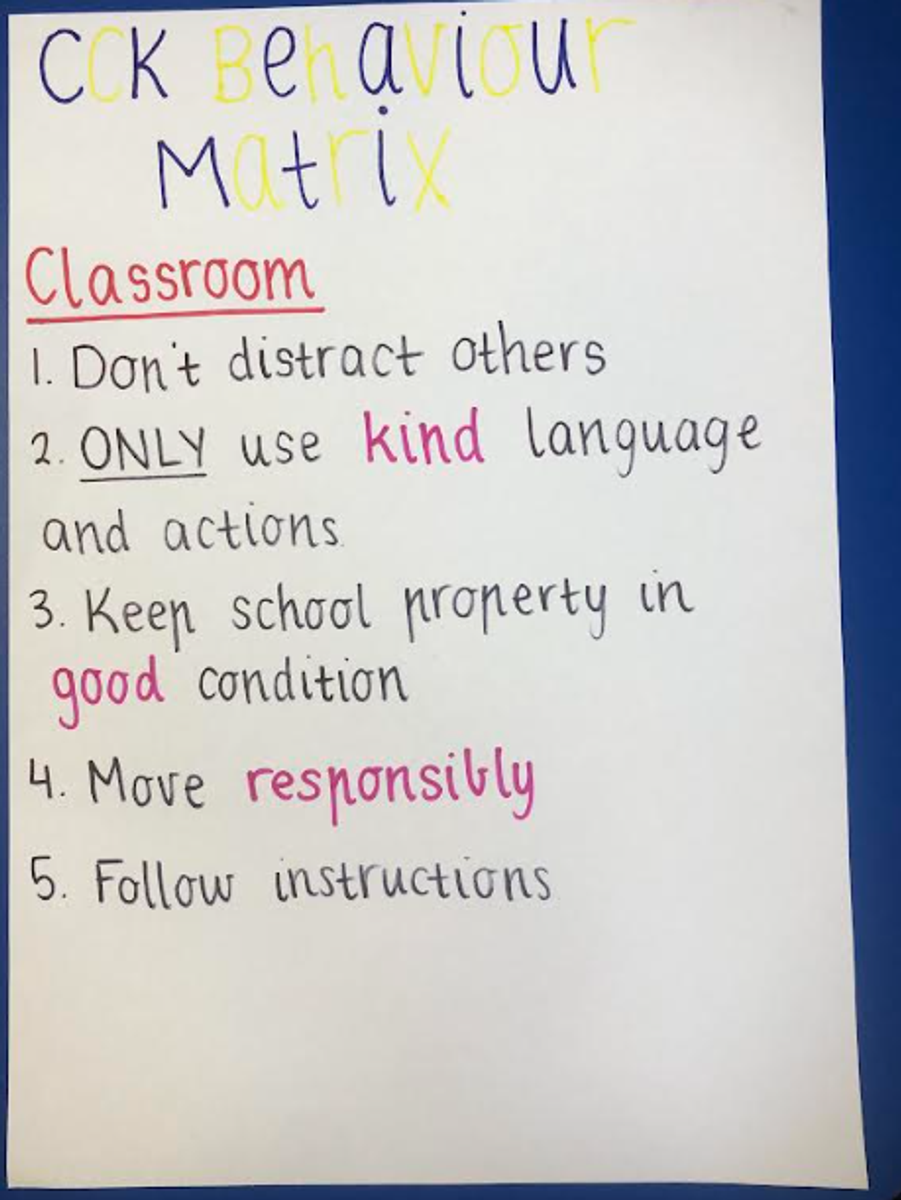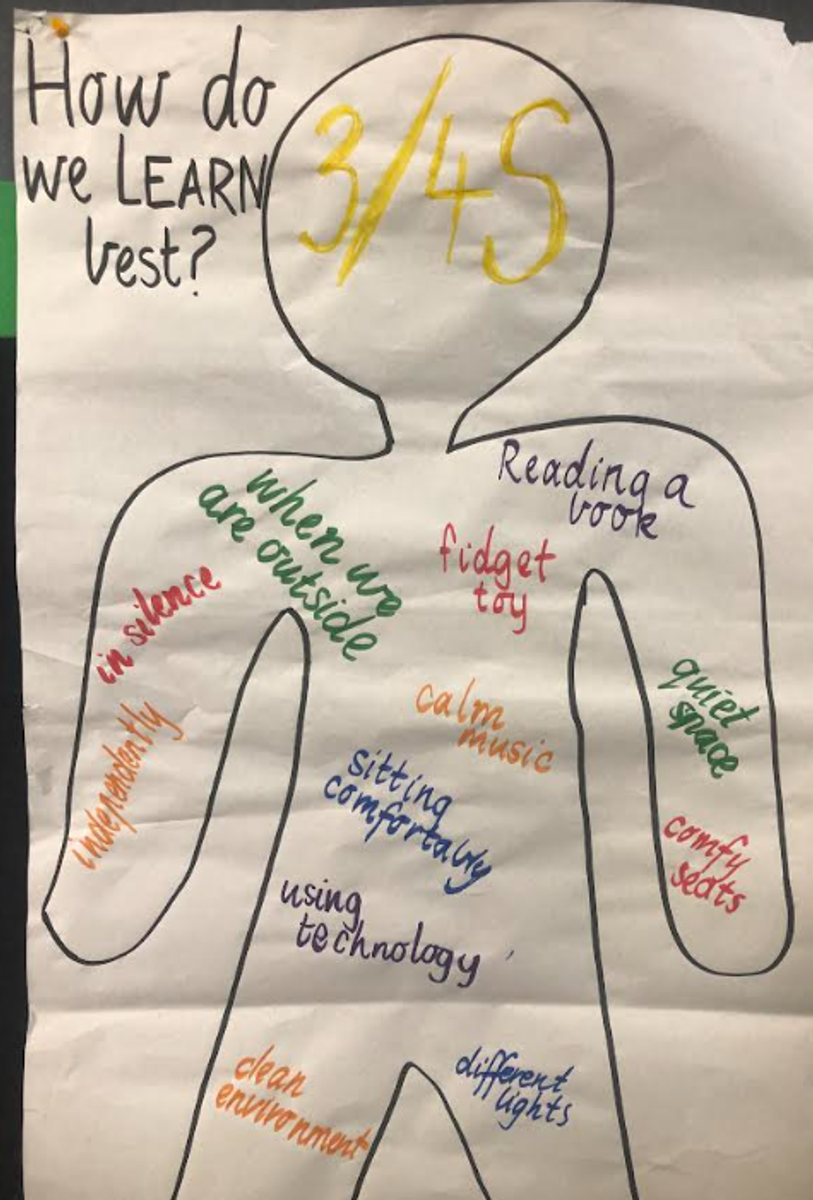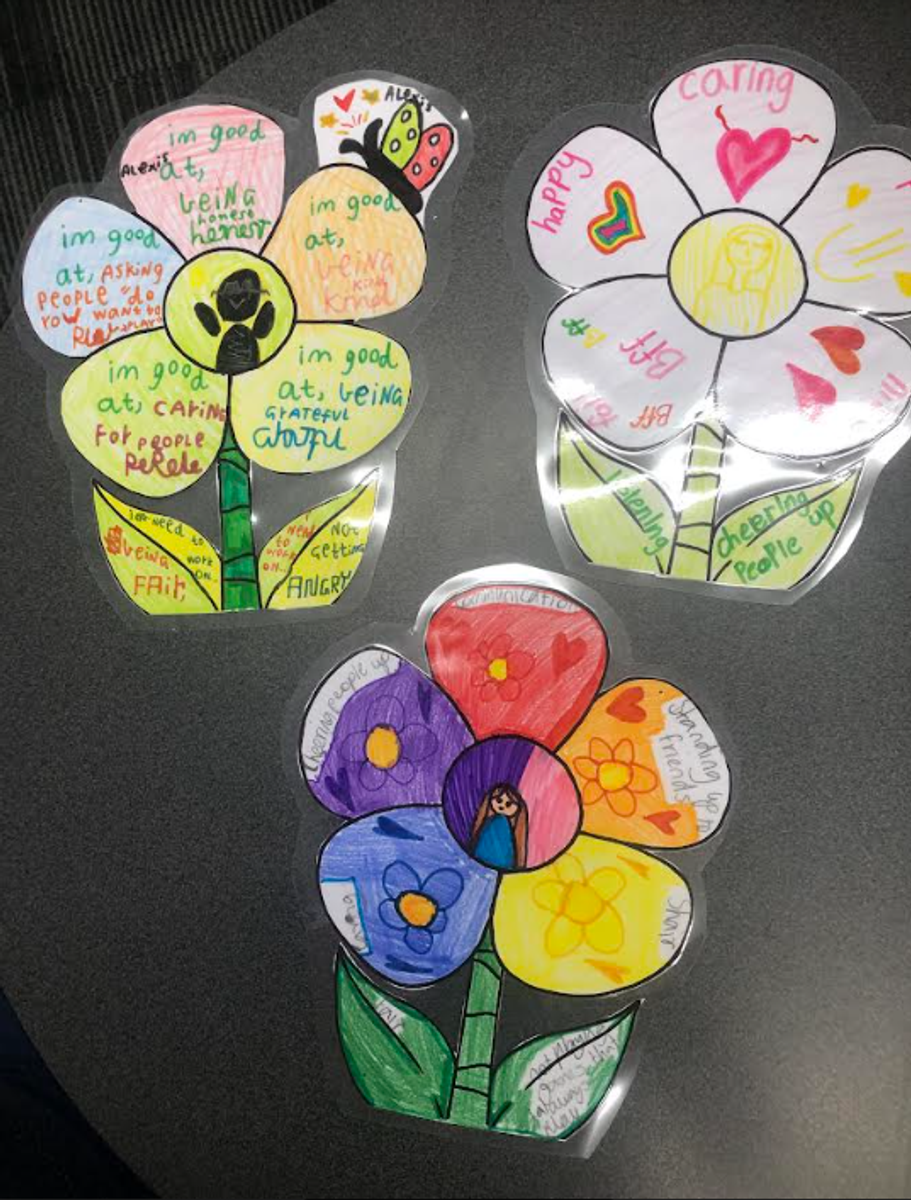Student Well-being

Year 3/4 Community
This term in the Year 3/4 Community, we have been focusing on reviewing our Behaviour Matrix. We have discussed positive behaviors that we as a school encourage at Corpus Christi in the classroom and on the playground. As a community, we came up with 5 non-negotiable rules:
After reviewing these 2 domains, we have transitioned nicely into lessons that outline “How We Learn Best,” in the classroom. Check out some of the ways the Year 3/4 Community feel works best for them!
For Weeks 4 and 5, we have stepped out of these lessons, to focus on friendships and how to promote positive relationships both in class and out in the yard. Students have learned a lot about what personal space is, and how to respect people’s boundaries. We have reflected on how we use personal space to care for one another and how this can be a useful tool in maintaining healthy relationships!
Mindfulness at Home
A good way to explain mindfulness to those unfamiliar with the practice is to compare mindfulness with physical exercise.
Practising mindfulness is attention training, designed to strengthen the mind. The process of repeatedly paying attention is similar to activities you might undertake to build a muscle – a bicep curl for the mind! In this way practising mindfulness strengthens the minds' ability to focus, pay attention and reduce worry — the more we practise, the stronger the mind becomes. Therefore, mindfulness is like gym for the mind.
Mindful eating
Think about how your family eats their meals - is everyone all over the place or do you sit down and enjoy a meal together? — Try and use meal time to savour your food, speak to each other and be present without any unnecessary distractions.
Mindful awareness
Spend time inside your house or in the garden and take some time to simply pay attention to what you can see, hear and smell. — It’s amazing how often we go about our day without noticing what’s right in front of us.
Mindful communication
Try and practice mindful communication by being aware when you are distracted and not paying attention, and bring your attention back.
Try and remind yourself to stop multitasking and simply pay attention when you’re speaking to one another - really try and focus on what is being said and see if you can listen without thinking of other things - its hard, but worth it!
A big part of practising mindfulness with your children is debriefing the experience after each activity:
It’s important to normalise any physical or emotional reactions they may have had and provide support if you think they need it.
Here are a few questions to get the conversation started.
- What was your experience and how did you find that?
- What did you notice?
- What did you learn?
- How do you feel now?
Taken from SmilingMind.com.au
You can download the app and find the 'Families' section under 'Explore' in the menu.
Lauren Borg
Student Well-being Leader





